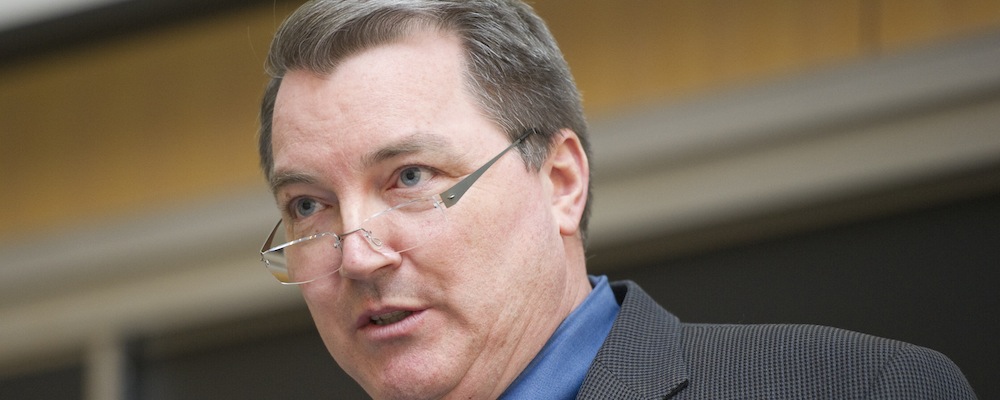3Qs: A second ‘Arab Awakening’

Six months after a revolution broke out in Libya, rebels have pushed into the capital city of Tripoli and appear to have Moammar Gadhafi — the country’s leader for the last 42 years — on the run. We asked Denis Sullivan — professor of political science and director of Northeastern’s international affairs program and the Middle East Center for Peace, Culture and Development — to explain how the ongoing conflict will affect the future stability of the region.
What would be the significance of Gadhafi’s capture?
The Libyan people have achieved a great victory in Gadhafi’s overthrow. It is now very important for Gadhafi to be brought to justice, inside Libya first and foremost and then in the Hague. It would be a critical event so that the people of Libya can move on to the next stage of their history and future development. We’ve heard many reports of tragedies and horrors that Gadhafi has perpetrated, including prisoners being released and the discovery of mass graves.
Men like Gadhafi, along with Bashar al-Assad of Syria, are a legitimate focus of people’s anger and sense of injustice. This is not only true for the Libyan (or the Syrian) people; it is also true for many people around the world who have also been affected by these dictators or their predecessors. Those who lost loved ones in the Lockerbie bombing in 1988 come to mind. For them too, Gadhafi’s capture would be particularly important for their sense of justice.
What will ultimately be the lasting impression of this revolution in Libya?
This semester, I’ll be teaching an open classroom entitled “America, Islam, and the Middle East” in which students will be addressing this very issue. From a U.S. standpoint, we have to learn from the rebellions and revolutions in the Arab world and develop a new American strategy with both Arab and Muslim societies.
For Libya itself, the people must first stabilize their economy and government, and find some sense of social and political justice for the victims of crimes committed by Gadhafi’s regime. I hope they are moving toward a democratic system, but they first must move toward a more humane and just system. Having said that, it will be a very long transition ahead for the Libyans.
The next shoe to drop is Syria. Its leader, Bashar al-Assad, will be watching the Libya situation very closely. I think we’re now watching the second “Arab Awakening,” the first of which occurred more than 100 years ago with the development of progressive ideas and thinking and a collective sense of Arabs as a proud people.
Many questions, however, remain about this second “Awakening.” For one, how will the conflict between the Palestinians and Israelis play out? I think there are many shoes yet to drop from other Arab societies, though the world cannot turn its attention away from Libya. It’s a dangerous place, and can threaten its neighbors if the country doesn’t stabilize.
How will the United States’ involvement in the conflict be viewed?
This is still evolving, but we seem to have relatively “high marks” for our role. President Obama, as a consensus builder within the Western alliance, has supported the rebellion and called for Gadhafi’s overthrow, though some think that Obama is “leading from behind.” Still, NATO has gone far beyond what the United Nations had sanctioned, and there’s been little international outrage because Gadhafi’s demise has been seen as a necessity. The Obama administration can and should take some credit for how it has managed this situation.




